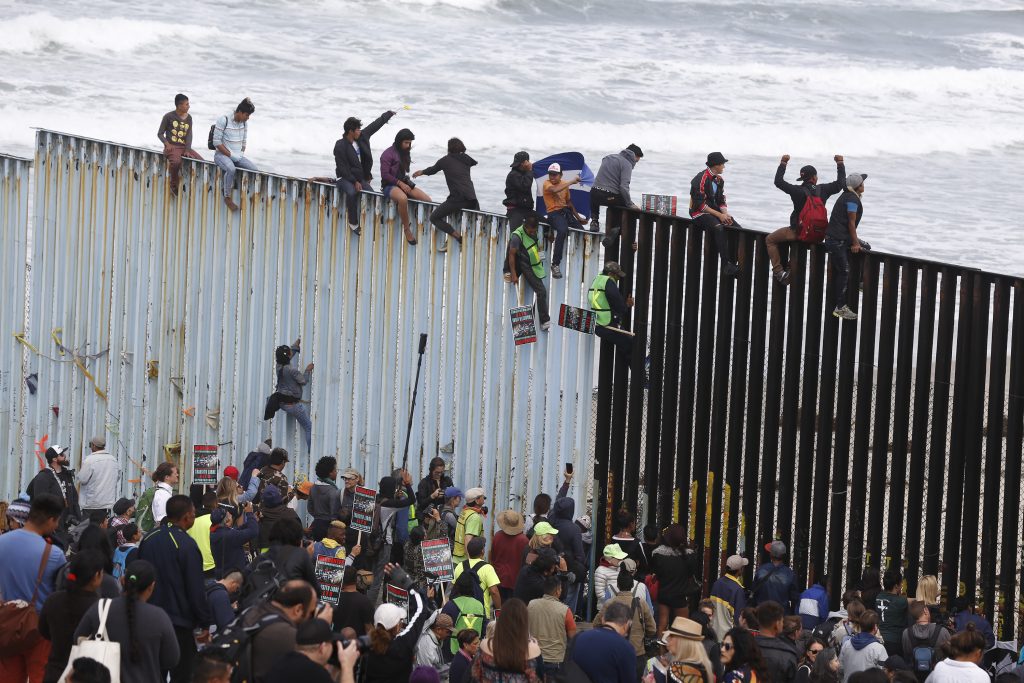
In the famed Lewis and Clark expedition to explore the West, the explorers survived in no small part thanks to the bravery and intelligence of their guide, a Native American woman named Sacagawea. One of her countless contributions was her baby. When various Native American tribes saw the expedition approaching with a mother and child at its head, they knew that this meant they came in peace, thus avoiding many confrontations.
Now, almost 200 years later, many forget this lesson at our borders. In early May 2018, the Trump Administration began the policy of forcibly separating parents from their children if they crossed the border illegally. While some in the administration argue that this serves as a deterrent, it serves just as much to make it easier to incarcerate border crossers. Courts have ruled that families cannot be held for more than 20 days. Separated, however, no such limits apply. Parents are detained, as children are sent to the Department of Health and Human Services as unaccompanied minors.
While this has been a Trump Administration policy for months now, its application has increased significantly during the month of May, with over 600 children ripped from their parents’ arms in the last few weeks alone. And it isn’t just a matter of being separated while they are being processed. In some cases, parents have been deported, while their children remain in the United States, in the words of Chief of Staff John Kelly, “into foster care or whatever.”
In truth, these foster care facilities are prisons, complete with barbed wire fences and little contact with the outside world. Additionally, this separation makes it harder for the children to receive fair hearings, as it puts great strain on advocacy resources and separates the children from the parents who may have paperwork or the information needed to make a case for asylum.
These families are not criminals. These are desperate mothers and fathers trying to flee violence and seek asylum in the land of opportunity. They want to make sure that their children can grow up in an environment where they have a chance at a better future; where they don’t have to worry about civil unrest and rampant gang violence.
Carrying a child in one’s arms was once understood to mean that we come in peace. It must be again.


